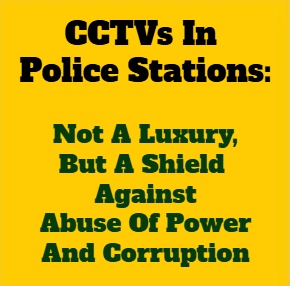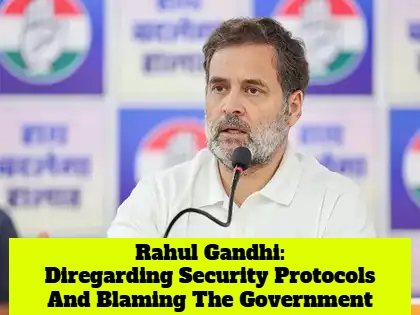

By Our Editorial Team
First publised on 2024-02-16 06:47:30
In a landmark decision, the Supreme Court declared the
electoral bond scheme 'unconstitutional' as it ruled that the citizens' right
to know was paramount and superseded donors' right to privacy. Saying that the
scheme violated Article 19(1)(a) of the Constitution, the 5-judge bench of CJI
D Y Chandrachud and Justices Sanjiv
Khanna, B R Gavai, J B Pardiwala, and Manoj Misra, in a unanimous
verdict (there were two concurring judgments with different reasoning but same
conclusion) asked the government to stop the scheme immediately. It also asked
the SBI to give all details of all bonds purchased from April 2019 to the
Election Commission by March 6 which in turn was directed to publish the same
on its website by March 13.
The apex court was not swayed by the government argument that the bonds were necessary to curb 'black' money in politics as they were purchased through banking channels. It said that there were better ways to do that instead of an instrument that lacked transparency. The bench also ruled that all amendments to Companies Act, the Income Tax Act and the Representation of Peoples Act to facilitate the operation of the electoral bond scheme stood quashed. It said that unlimited political funding by companies could be used to influence public policy and lead to quid pro quo.
There is no doubt that the electoral bonds lacked transparency. As the court said, the public had the right to know who was funding whom and if the donors got favours in return to make informed choices when they voted. The court also found the decision to remove the cap (7.5% of the average profit of last three years) on funding by companies and allowing loss-making companies to donate 'arbitrary'. As the details will now be available in public domain, it will be known how big donors gained (if they did) by making substantial contributions to political parties. As the biggest beneficiary, the BJPs actions will obviously come under the scanner but since the opposition rules in several states, the actions of the Congress and some regional parties will also be scrutinized.
But will the scrapping of the electoral bonds once again lead to secret cash donations and infusion of black money? Rs 16000cr worth of bonds were sold since inceptionfor an average of just above Rs 3000cr per year. There will not be a vacuum for such a huge amount, especially as the Lok Sabha elections are approaching. Although electoral trusts exist and are transparent, they are not the preferred mode of donation. This Supreme Court judgment should lead the Election Commission and the political parties to sit together and find out ways to clean up the political funding system. They should come up with a system that is clean, transparent and fair.











